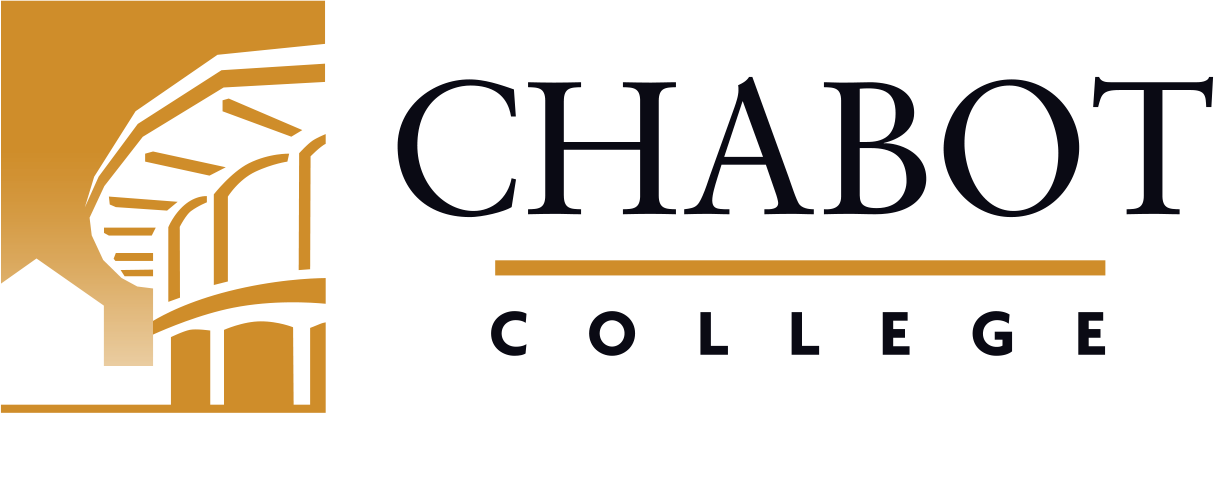
Course Outline for Dental Hygiene 82B
Clinical Experience Seminar II
Effective: Fall 2024
SLO Rev:
SLO Rev:
Catalog Description:
DHYG 82B - Clinical Experience Seminar II
2.00 Units
Discussion and analysis of complex case-based clinical situations. Ethical, legal decision making, occupational standards and incident reporting in the clinical setting. Review of materials pertaining to the National Dental Hygiene Board and the Clinical State Licensing exams.
Corequisite: DHYG 58 and DHYG 80B.
1240.20 - Dental Hygienist*
Letter Grade Only
| Type | Units | Inside of Class Hours | Outside of Class Hours | Total Student Learning Hours |
|---|---|---|---|---|
| Lecture | 2.00 | 36.00 | 72.00 | 108.00 |
| Total | 2.00 | 36.00 | 72.00 | 108.00 |
Measurable Objectives:
Upon completion of this course, the student should be able to:
- apply advanced ethical reasoning to dental hygiene practice;
- apply the methods to maintain professional accountability in the clinical setting;
- identify common ethical dilemmas in dental hygiene practice;
- identify ethical and legal duties that an oral health care provider has to a client;
- identify the oral health needs of the individual and develop appropriate and individualized self-care regimens with respect to the goals, values, beliefs, and preferences of the patient/client;
- determine priorities and establish oral health goals with the patient/client and/or guardian as an active participant;
- establish a planned sequence of educational and clinical services based on the dental hygiene diagnosis, which includes etiology, prognosis, and treatment alternatives;
- evaluate the effectiveness of planned clinical and educational services in the clinical setting;
- develop an appropriate health maintenance schedule and program for the clinical client;
- develop and implement appropriate CaMBRA related protocol for the clinical client;
- explain what HIPAA is and its role in dentistry;
- describe who is protected by HIPAA;
- list the protocols for abiding by the policies set forth by HIPAA;
- list the penalties for violation of HIPAA;
- describe the criteria necessary in selection of a client for the clinical licensing examination (WREB, CREDTS);
- identify and discuss nutrition as related to both oral and systemic health;
- identify and evaluate oral cancer detection aids available to dentistry, and their proper use;
- evaluate the various methods of delivery of localized antibiotics and develop a treatment plan for use for the clinical client;
- develop and implement appropriate monitoring and evaluation of previously placed Interim Therapeutic Restorations (ITRs).
Course Content:
- Advanced ethical reasoning
- Problem-centered situations relating to student clinical experience
- Record keeping procedures and standards
- HIPAA policy and protocols
- Legal standards in the State of California
- State Board clinical examination criteria/case selection
- Comprehensive review of dental hygiene theory and practice
- Case based dental hygiene care
Methods of Instruction:
- Case presentations
- Discussion, lecture, collaborative learning
- Guest speakers
- Lecture/Discussion
- Class and group discussions
- Case Study
- Multi-media material, oral presentations
Assignments and Methods of Evaluating Student Progress:
- Develop a case presentation to be given to the class; including dental hygiene diagnosis, treatment planning, evaluation, nutritional recommendations and CaMBRA recommendations.
- Role-play how to deal with a specific ethical dilemma.
- Evaluate various case studies utilizing evidence based dental hygiene care.
- Develop and implement an appropriate monitoring/assessment program for a patient with an ITR.
- Class Participation
- Attendance
- Discussion
- Written assignment evaluated on critical thinking
- Journal writing
- Quizzes
- Final Examination
- Homework
- Online Assignments
Upon the completion of this course, the student should be able to:
- Develop an ethical and comprehensive patient care plan based on patient needs, periodontal classification, goals, values, and preferences.
- Develop interactive and comprehensive patient based goals related to CaMBRA, diet, scheduled maintenance and daily oral hygiene education/recommendations.
- Discuss HIPAA and its role in dentistry.
- Develop an appropriate assessment and maintenance schedule for completed ITRs.
Textbooks (Typical):
- Blue, C. M. (2021). Comprehensive Review of Dental Hygiene (9th). Mosby.
- Bowen, D. M. & Pieren, J. A. (2023). Dental Hygiene Theory and Practice (5th). Elsevier.
Abbreviated Class Schedule Description:
Discussion and analysis of complex case-based clinical situations. Ethical, legal decision making, occupational standards and incident reporting in the clinical setting. Review of materials pertaining to the National Dental Hygiene Board and the Clinical State Licensing exams.
Corequisite: DHYG 58 and DHYG 80B.
Discipline:
Dental Technology